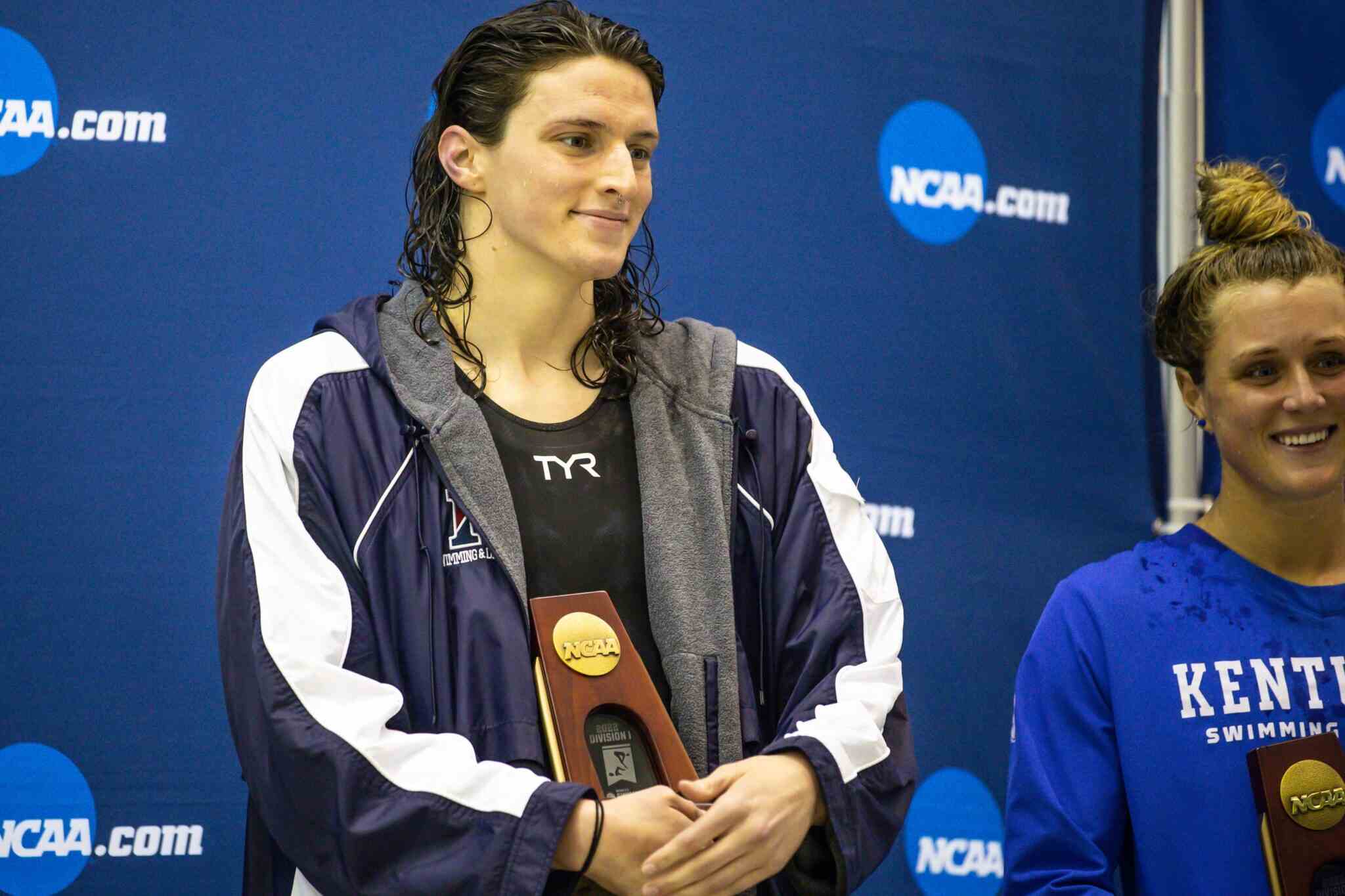Lia Thomas is an American swimmer who made headlines after winning multiple national titles in the women’s category.
However, Thomas’ achievements have also sparked controversy due to her gender identity. Born male, Thomas underwent hormone replacement therapy (HRT) and gender confirmation surgery (GCS) to transition to a female.
Lia Thomas was born on May 8, 1998, in New York City, as a male. He attended high school at the Westchester Country Day School in North Carolina, where he started swimming competitively. Thomas was a standout swimmer, breaking several school records and earning All-American honors.
After high school, Thomas continued his swimming career at the University of Pennsylvania, where he was part of the men’s swimming and diving team. He was a talented swimmer, and during his freshman year, he set a school record in the 1650-yard freestyle. However, Thomas struggled with his gender identity and felt uncomfortable in his own body.
Lia Thomas as a Man: Before and After Surgery
In 2018, Thomas came out as transgender and began HRT to transition from male to female. The following year, Thomas underwent GCS to complete her transition. Thomas continued swimming during her transition and competed on the women’s swimming and diving team at the University of Pennsylvania.
Thomas’ transition sparked controversy in the world of sports. Some critics argued that Thomas had an unfair advantage over other female swimmers due to her biological advantages as a male. Others supported Thomas and argued that she had the right to compete as a woman after undergoing hormone therapy and surgery.
Thomas’ transition has brought attention to the issue of transgender athletes in sports. The debate about transgender athletes centers around the idea of fairness and whether transgender athletes have an unfair advantage over cisgender athletes. Supporters of transgender athletes argue that hormone therapy and surgery remove any biological advantages that transgender athletes may have had as their birth gender.
However, critics argue that transgender athletes have a physical advantage over cisgender athletes due to their biological makeup. They argue that even after hormone therapy and surgery, transgender athletes may have some physical advantages over cisgender athletes, such as larger lung capacity or more muscle mass.






